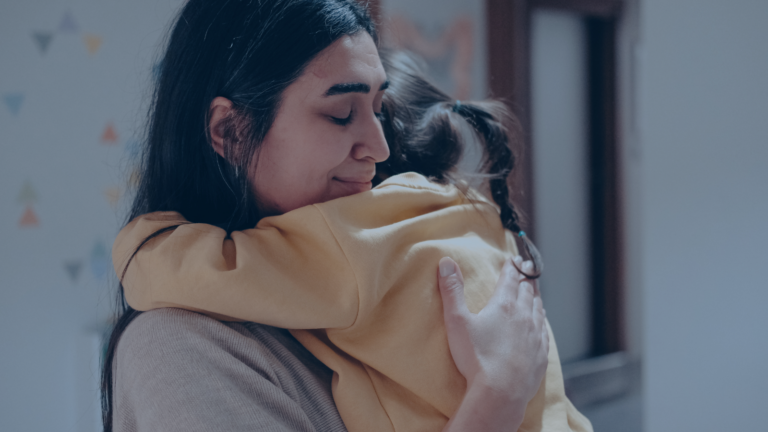Entering any new relationship can be full of excitement, thinking you’ve met the person of your dreams but don’t let those dreams turn into nightmares.
Even if you have been in a relationship for a while but something doesn’t quite seem right, you can still make a request for disclosure under Clare’s Law. You can make an application to the police on your own behalf, or on the behalf of someone else like a friend, relative or neighbour that you think is at risk. Anyone can apply regardless of race, gender identity, ethnicity, sexuality, disability or religion.
What is it and how do I make a request?
Clare’s Law, formally known as the Domestic Violence Disclosure Scheme (DVDS), was created after the murder of Clare Wood by her former partner in 2009. The former partner had a history of violent and abusive behaviour that was unknown to Clare. Clare’s father tirelessly campaigned as he strongly believed that had Clare been provided with this information about her partner’s history, she would still be alive today. This led to Clare’s Law being introduced in England and Wales in 2014.
There are two parts that make up Clare’s Law:
The right to ask – enables individuals and relevant third parties to request that the police conduct a check to see if a current or former partner has a history of violence or abuse. If these checks identify that an individual may be at risk, the police will then evaluate the potential for disclosing this information.
The right to know – allows the police to disclose this information if they receive reports about a person’s violent or abusive behaviour that could potentially impact on their current or former partner. The police do have discretion to disclose information about convictions under the Rehabilitation of Offenders Act 1974. Any information disclosed will be verbally explained and not written down. The recipient of the disclosure is required to provide their agreement not to share it with any other person apart from professionals.
To make a request under Clare’s Law you can go to your local police station, make the request online or call 101. The police will then take your contact details and clarify the details of your request. A meeting will then be held to confirm your identity and check that your request under the scheme is a genuine one. The checks will then be carried out and if there is a credible risk of violent behaviour towards the person’s current or former partner, the police will disclose the information to them.
If no immediate risk of harm is detected, you may then need to attend a follow-up meeting. This allows for more information to be gathered. Further checks will be made, with the process taking around 35 days. If the police determine that information should be disclosed to prevent a crime taking place, a disclosure will be made to you.
What is likely to show up on a Clare’s Law application?
- Previous convictions for domestic violence or abuse
- Repeated instances of domestic violence or abuse
- Reports of previous concerning behaviour that didn’t lead to a conviction
- Patterns of concerning behaviour such as stalking or coercive control
The Family Team at Lyons Davidson have a wealth of experience working with survivors of domestic abuse. Please contact us on 0344 251 0070. You can also email us at [email protected]
Useful contact details:
Next Link – 0800 4700 280. Their domestic abuse helplines are open for Men, Women and children in Bristol, South Glos and North Somerset 8.30-5.30pm Monday to Friday and Saturday 9.30-1pm
Respect – Men’s Advice Line for male victims of abuse 0808 8010 327
Galop – LGBQ+ anti-violence helpline 0800 999 5428
Refuge – a national charity for women and children experiencing domestic violence and abuse 0808 2000 247
SafeLives – national charity dedicated to ending domestic abuse 0117 403 3220
Sign Health – provides a support service to help deaf women and children who experience domestic abuse [email protected]
Southall Black Sisters – provide a range of advice and support services to enable black and minority women who are experiencing domestic abuse 0208 571 9595
If you feel you are in immediate danger – call 999
Nothing in this article constitutes legal advice. Please be aware that the relevant law may have changed since the date of publication of this article.



